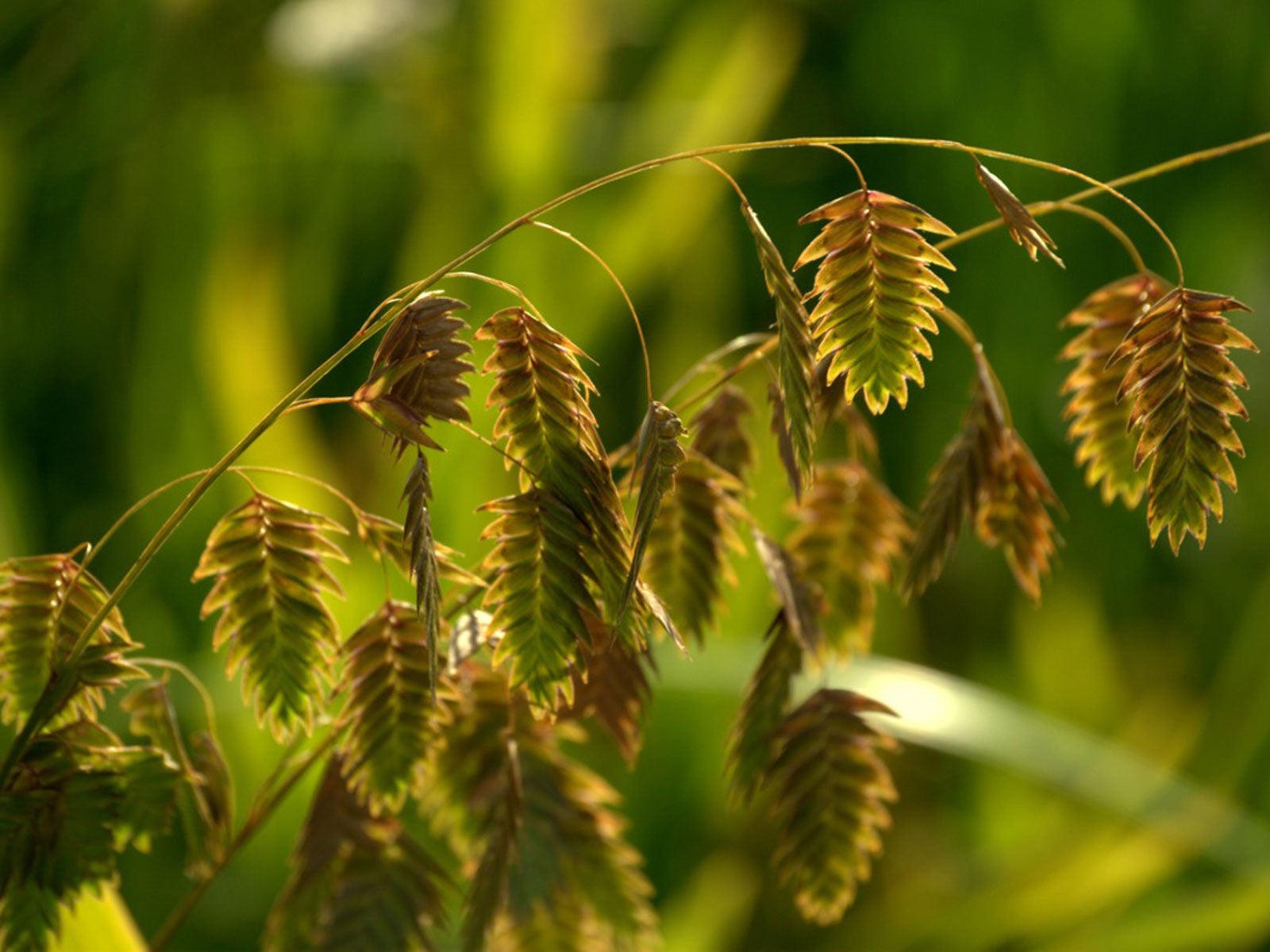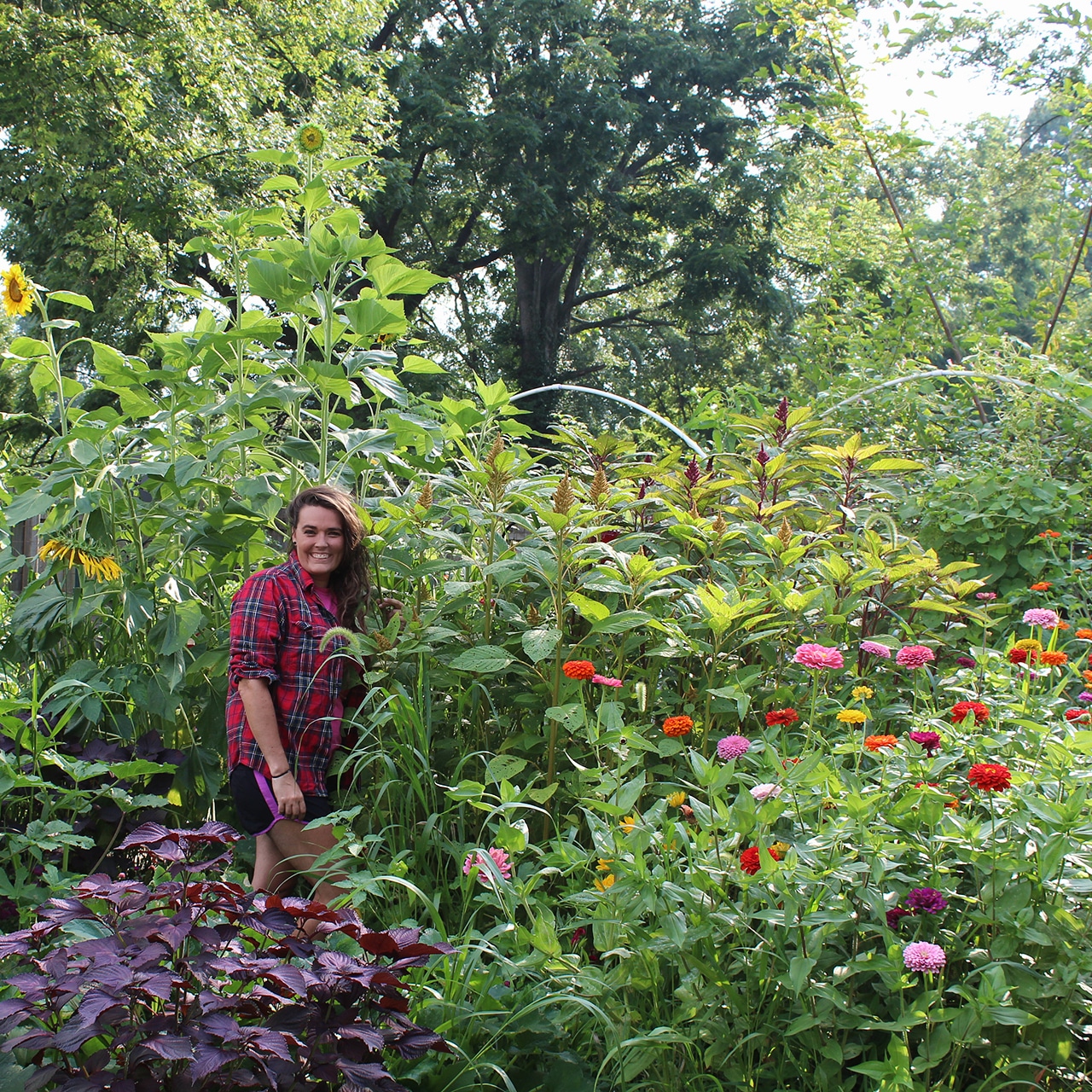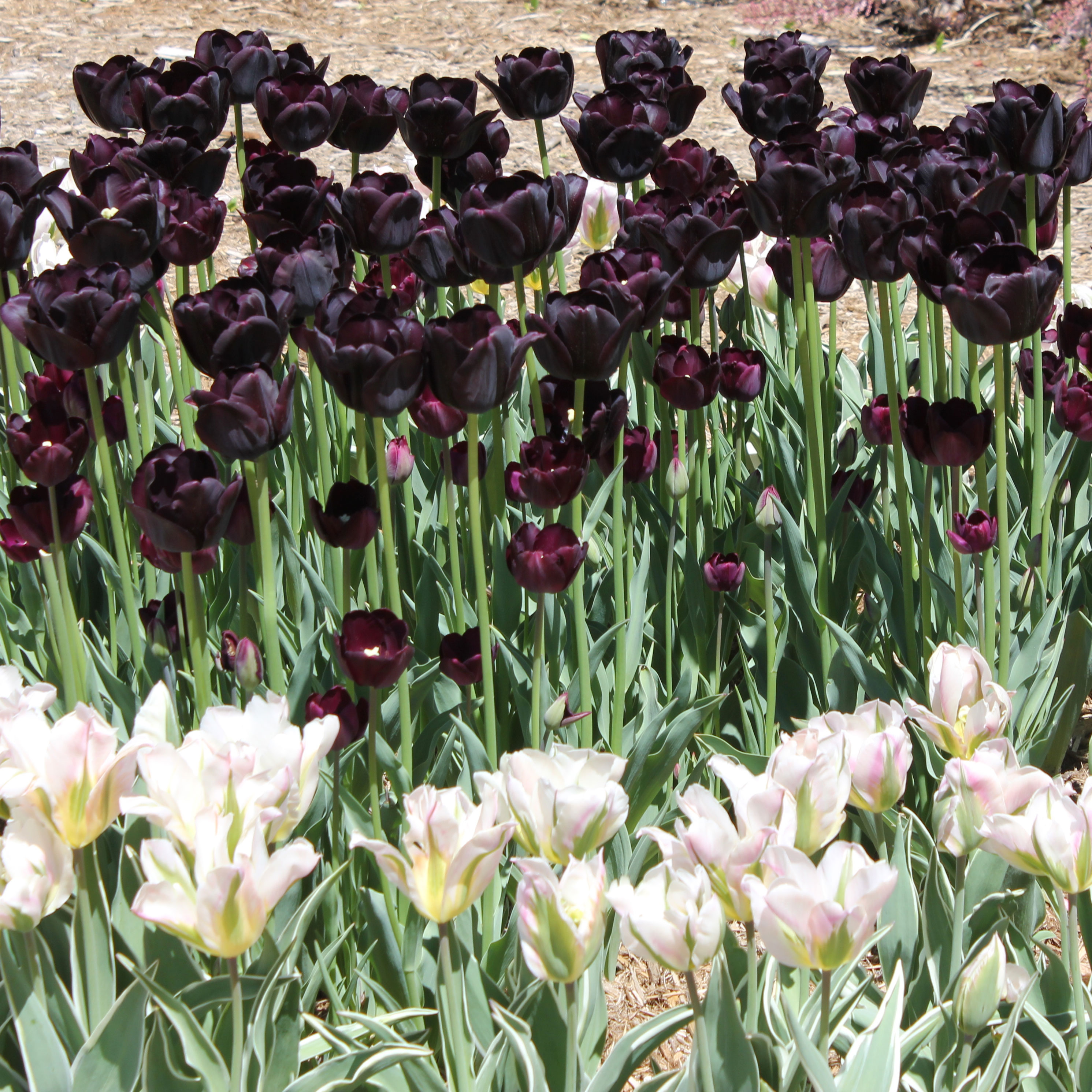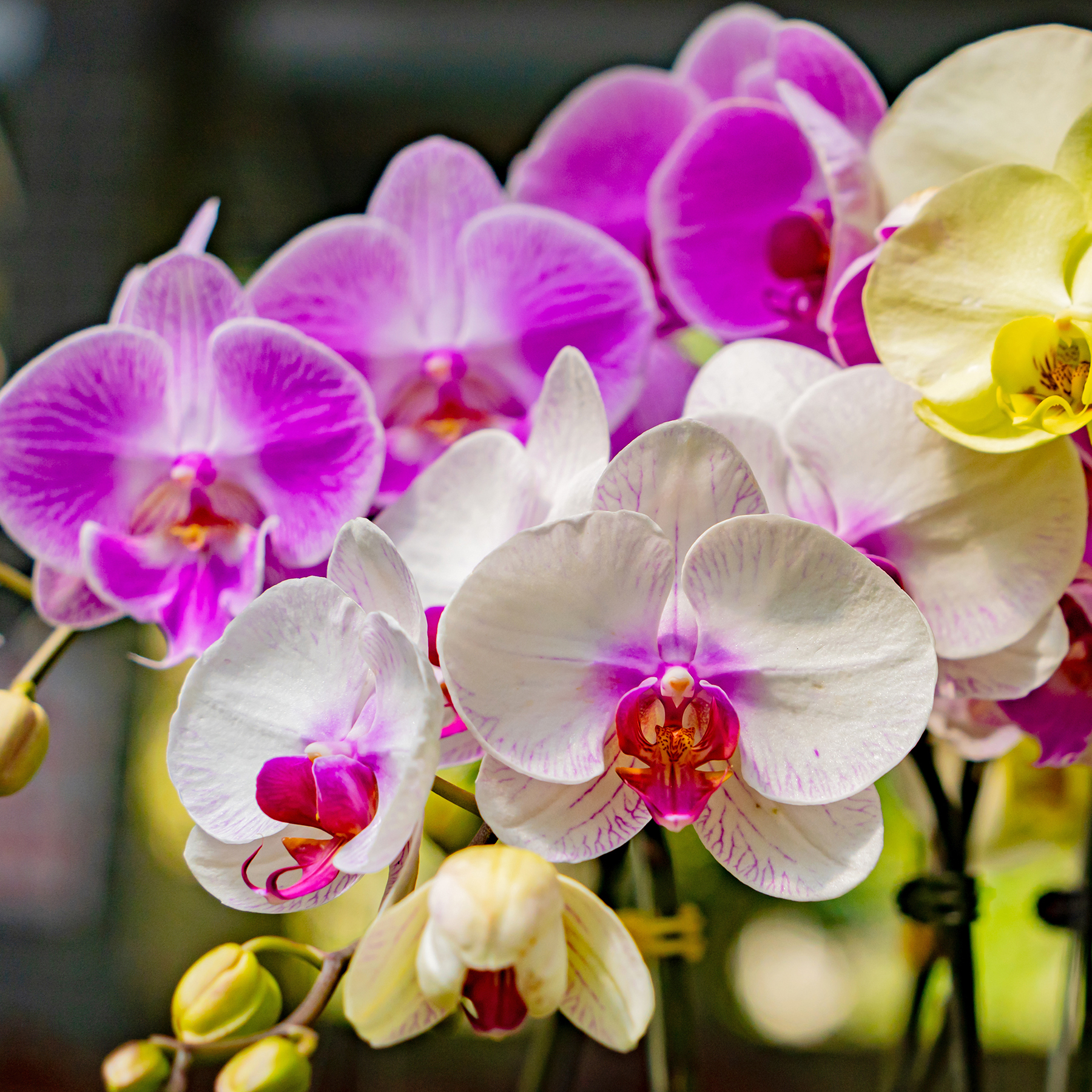Interesting Shade Plants: Unusual Alternatives For Shade Gardens


Some garden locations can be downright challenging. Whether your yard is fully shaded by trees or you’re looking to plant that one troublesome spot beside the house, choosing the right plants can be difficult. Afterall, the need to create lush green spaces does not cease when conditions for growth are less than ideal.
Deciding how to plant shady garden beds can be especially problematic due to the perceived lack of options. Areas beneath trees, near taller structures, or even at the edge of wooded areas can leave those wishing to beautify their landscape feeling helpless. Fortunately, there are several lesser known alternatives which may be the perfect candidates in these locations.
Unusual Alternatives for Shade
When choosing plants for shaded areas, many feel limited to the more commonly planted specimens. In general, most ornamentals do not flower well when grown in areas with excessive shade, which is why hostas and ferns are so popular. Even though variegated versions of hosta exist, how do you “liven up” shade beds with something new? Seeking out unusual shade plants can offer additional texture and/or drama to the landscape.
In choosing the more unusual shade plants, take note of special characteristics that them apart from another. These attributes include things like size, foliage color, or even scent. Though not always flowering, interesting shade plants can still be used to create an inviting space. In fact, many of these fun shade plants serve as a conversation point among guests and neighbors drawn to the unique plantings.
You should also account for seasonal changes within the bed as well. Large, impressive leaves and flower spikes can vary throughout the season. Try to include both perennial and annual plants within the space.
Types of Unusual Shade Plants
Many unusual alternatives for shade feature hybridized versions of native plants. Often, these plants are already adapted to local growing conditions, but have added ornamental value.
Unusual shade plants will vary depending upon growing region. However, remember that varying height, leaf shape, and size can all add interest to the ornamental bed. Low growing plants, such as wild ginger, can be used as helpful groundcover to suppress weeds. Other taller foliage plants may best serve as a focal point in the bed, while mid-range foliage can hide stems or spent flower blooms.
Gardening tips, videos, info and more delivered right to your inbox!
Sign up for the Gardening Know How newsletter today and receive a free copy of our e-book "How to Grow Delicious Tomatoes".
In growing unusual alternatives for shade, thoroughly research each plant type. Many ornamentals for shade, such as foxgloves, are toxic. Gardeners should always use great caution when making the decision to grow these plants.
Here are some fun shade plants to consider adding:
- Asian jack-in-the-pulpit (Arisaema fargesi)
- Variegated bush ivy (Fatshedera lizei ‘Annemieke’)
- Mountain hydrangea (Hydrangea serrata ‘Burgundy Edge’)
- Asian mayapple (Podophyllum ‘Spotty Dotty’)
- Verdun rose (Rosa ‘Verdun’)
- Toad lily (Tricyrtis)
- Shredded umbrella plant (Syneilesis aconitifolia)
- Mukdenia (Mukdenia rossii ‘Crimson Fans’)
- Beesia (Beesia deltophylla)
- Cardiandra (Cardiandra alternifolia)
- Rue anemone (Anemonella thalictroides f. rosea)
- Lamb’s tail (Chiastophyllum oppositifolium)
- Variegated Solomon’s seal (Polygonatum odoratum 'Variegatum')
- Variegated lily-of-the-valley (Convallaria majalis ‘Vic Pawlowski’s Gold’)
- Foxglove (Digitalis)
- Barrenwort (Epimedium 'Pink Champagne')
- False columbine (Semiaquilegia)
- Northern sea oats (Chasmanthium latifolium)
With careful forethought, growers can choose appealing shade plants which are ideal for their landscape.

Tonya Barnett has been gardening for 13 years. Flowers are her passion. She has transformed her backyard into a cut flower garden, which she regularly chronicles on her YouTube channel http://www.youtube.com/@tonyawiththeflowers.
-
 Moody Blooms For Spring: 8 Types Of Black Flowers To Add Drama To Spring Displays
Moody Blooms For Spring: 8 Types Of Black Flowers To Add Drama To Spring DisplaysFrom midnight burgundies to inky violets, several types of black flowers can enrich and embolden a spring display. Try these brooding bloomers for a moody garden
By Tonya Barnett
-
 My Homemade Orchid Fertilizer Always Brings More Blooms – Here's The Easy Recipe That Transforms Plants
My Homemade Orchid Fertilizer Always Brings More Blooms – Here's The Easy Recipe That Transforms PlantsScientist-turned-gardener Mary Ellen Ellis shares her tried-and-tested DIY orchid fertilizer recipe, plus more ingredients to try for healthy, happy plants.
By Mary Ellen Ellis